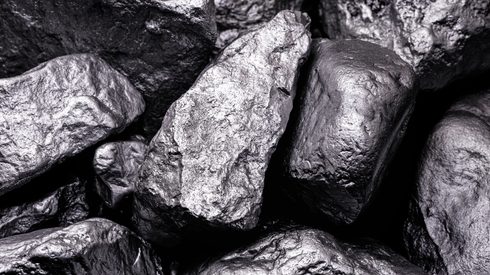Maros Sefcovic, told delegates at the European Conference on Batteries – held online on Tuesday November 24 – that the European Battery Alliance (EBA) aimed to create a globally competitive and sustainable European battery value chain worth around €250 billion ($297 billion) by 2025.
The EBA was created by Sefcovic in 2017, with the aim of avoiding technological dependence on competitors and to capitalize on the growth and investment potential of batteries, when it became clear that the transition to a greener economy was a key priority for countries in and around Europe.
“With more than 500 industrial actors, the [EBA] has become a resounding success in just three years, turning Europe into a global battery hot-spot,” Sefcovic said.
He said 15 new battery production plants – the so-called “gigafactories” – were under construction in locations across Europe, including Italy, France, Germany Hungary, Poland, Slovakia and Sweden.
He pointed to Sweden-based Northvolt – which is developing lithium-ion battery production facilities in Sweden, Germany and Poland – as a good example.
In addition, Chinese lithium-ion battery manufacturer CATL is developing a production facility in Germany, while South Korea’s SK Innovation has already built a lithium-ion battery factory in Hungary – with production slated to start this year and an aim of supplying 7.5GWh of battery cells annually.
Other than these projects, most manufacturing of lithium-ion batteries takes place in China, he said.
Sefcovic said the European facilities would be able to supply cells for at least six million EVs by 2025.
He added that plans to “future-proof” Europe’s regulatory framework on batteries and and to strengthen the resilience of the EU’s critical materials value chains were well under way.
“This will ensure that only the greenest and safest batteries make it into the European market.” he said.





